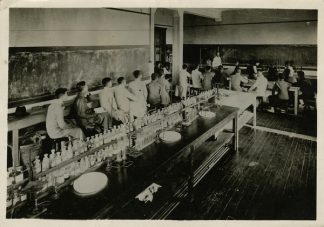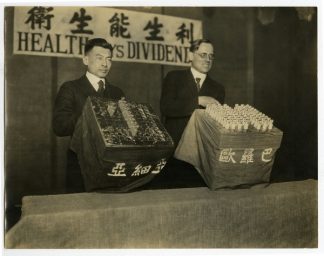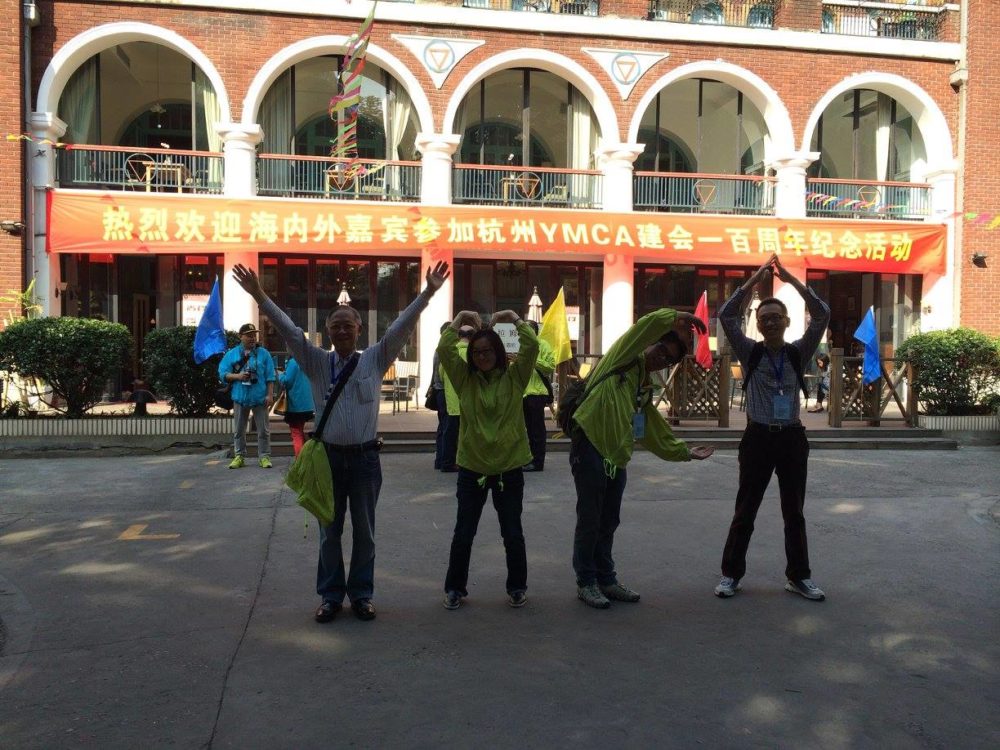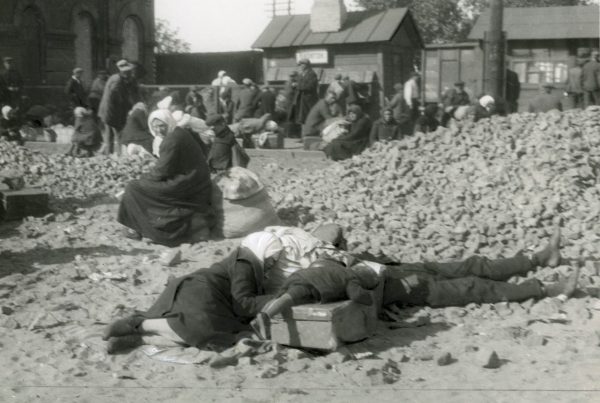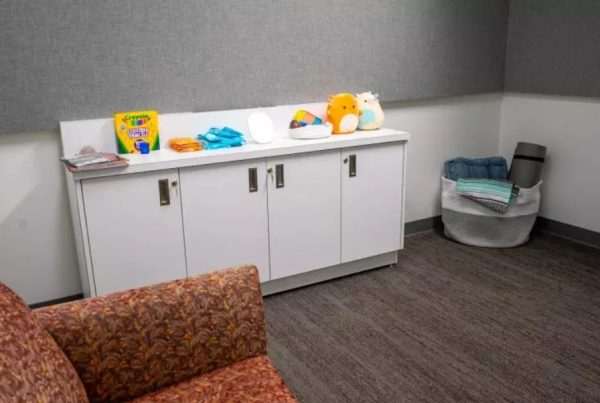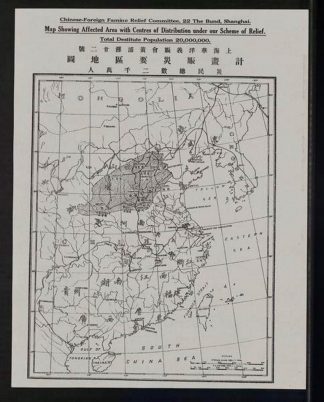
Kautz Family YMCA Archives. YMCA International
Work in China Records (Y.USA.9-2-4). Subject Files.
War Relief: Report on the American Committee for China
Famine Fund, 1921 War Relief: We Fight for China:
Six years of War Service, A Record of Emergency Service
to Soldiers, 1937-1943,1944.
Significant portions of the records of YMCA international work in China — one of the richest and most heavily used collections at the Libraries’ Kautz Family YMCA Archives — are now freely available online.
This was achieved due to the leadership of retired Honolulu, Hawaii YMCA executive Don Anderson, who together with several other donors — including the National Council of Chinese YMCAs itself — provided the necessary funds.
The material can be accessed either via links from the online collection guide or browsed directly via the Libraries’ UMedia Archive.
Researchers and the YMCA movement alike will benefit from the ability to search and view online correspondence and reports, building records, and subject files on topics like: health education, mass education, programs for boys, student work, religious work, war relief, and famine relief.
American YMCA work in China began in 1880s
The American YMCA movement’s activity in China dates back to the late 1880s when the Y’s governing body, the International Committee, sent a staff member there as part of its early efforts to expand the YMCA’s foreign work program. While YMCAs serving mainly expatriates had been operating in China as early as the 1870s, the North American Y was interested in spreading the YMCA movement to the Chinese people themselves.
The International Committee’s policy of stressing indigenous leadership, support, and control appealed to the burgeoning nationalism of the Chinese and after the first Chinese YMCA was launched in the university town of Tianjin, the movement took root quickly, adopting the motto, “To Serve, Not to be Served.”
By the 1920s, YMCAs had been established in over 30 cities, with predominantly Chinese leadership. Many of these associations boasted purpose-built buildings, often constructed with financial and logistical support from the American YMCA. Educational programs, including English classes, lectures, and vocational training were offered with great success. Physical training, including the introduction of many western sports and western-style sports competitions, as well as public health education also featured prominently.
The Communist Revolution of 1949 abruptly ceased involvement by North Americans in the Chinese YMCA movement and brought the organization under suspicion and attack from the political forces in power, due to its western origins. Despite these challenges, however, a number of YMCAs on mainland China continued to operate, and several are still going strong to the present day.
The work and experiences of the YMCA foreign secretaries in China is documented by thousands of pages of reports and correspondence, as well as building records, subject files, and publications in the Kautz Family YMCA Archives. The records illustrate the challenges of establishing and running YMCAs in various Chinese cities, and the efforts to implement many ideals of Western education, health, and religious thought.
They also document the social, economic, and political conditions of the times. As such this material is an extremely valuable and heavily used resource by academic researchers from around the world. Following the Cultural Revolution and the subsequent adoption of more open policies, many of the YMCAs were able to reestablish operations and, gradually, to resume contact with the broader YMCA movement. However, their survival was at the cost of their own historical records, very few of which remained in the wake of the purges and other stresses of that era.
Kautz records fill important historical gap
For these surviving Chinese Ys, the records preserved in the Kautz Family YMCA Archives play an important role filling the information gap on their own history. Drawing on these resources we have been able to answer many questions for Chinese YMCAs about their origins and early activities. As many Chinese YMCAs reach their 100th anniversaries, several have worked with us extensively to identify material that they could use to better understand their past and prepare for these milestone celebrations.
While Archives has worked actively with these Ys and with other researchers to provide copies of relevant material, the size of the collection has often limited our ability to respond as comprehensively as might be possible or wished for. This initiative builds upon a 2007 project to digitize the annual and quarterly reports of YMCA secretaries posted to China, and allows us to provide significantly greater access to the collection which, prior to this new digitization effort, required users to travel to Minneapolis to view.
Project resulted from 2014 trip to China
The project was the result of a 2014 trip to China taken by archivist Lara Friedman-Shedlov to attend centenary celebrations of the Xi’an and Hangzhou YMCAs. During the trip, Friedman-Shedlov met other leaders in the Chinese YMCA movement and shared information about the resources available to them at the Kautz Family YMCA Archives, as well as tools the Archives developed to help individual YMCAs preserve their own historical records going forward.
She also connected with Anderson, who has longtime and close associations with YMCAs around Asia. After hearing about the records and the interest in them from many of the Chinese YMCAs, he generously agreed to spearhead a campaign to raise funds to digitize more of the material for online access.
Thanks to his efforts and key support from the staff at the University of Minnesota Libraries’ Digital Library Services, the scanning is now complete. We are grateful for the generous gifts of the donors who made this project possible!


